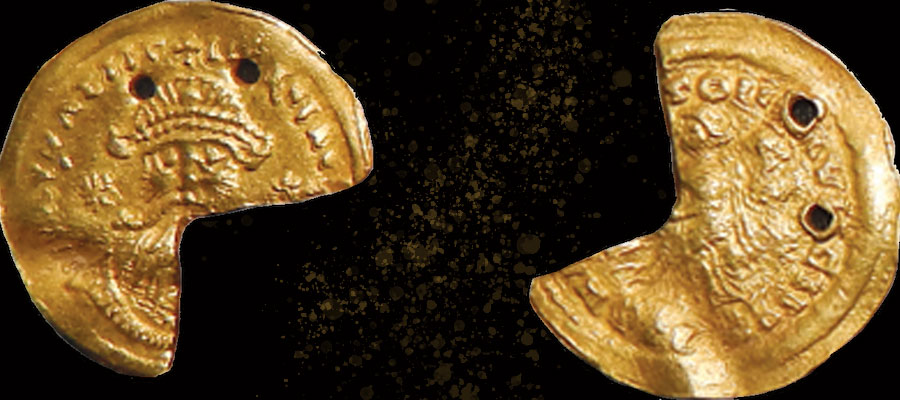Much of the current move towards global history is focussed on connections. Viewed from this perspective, there is no very good reason for seeing Byzantium in the first millennium CE as an Indian Ocean society. Its direct contact with the Indian Ocean was attenuated in comparison with earlier Roman contact and increasingly mediated by others, most notably from the seventh century onwards, citizens of the Umayyad then Abbasid Caliphates. There are other ways to think about both Byzantium and global history, though. This paper examines Byzantium not as a player in an Indian Ocean defined by mercantile networks, but as one of many societies around the Indian Ocean littoral, shaped by common forces. Between the fourth and the ninth centuries, understanding Byzantium as an Indian Ocean society, in direct comparison with complex states from the Horn of Africa to peninsular South Asia provides a new insight into the development of governmental structures, state religion and economic practices that all affected the lives of millions of people in profound and sometimes unpredictable ways.
Byzantium as an Indian Ocean Society

Obverse and reverse of an imitation Byzantine coin, c. 7th century, made in India, double-pierced and with a quarter removed, Weepangandla hoard. State Archaeological Museum, Hyderabad (Telangana)
Date:
Sep 28, 2023
Time: 12:00 PM–1:30 PM
Location:
Zoom
Rebecca Darley, University of Leeds, explores Byzantium as one among many states that made up the Indian Ocean world between the fourth and ninth centuries.